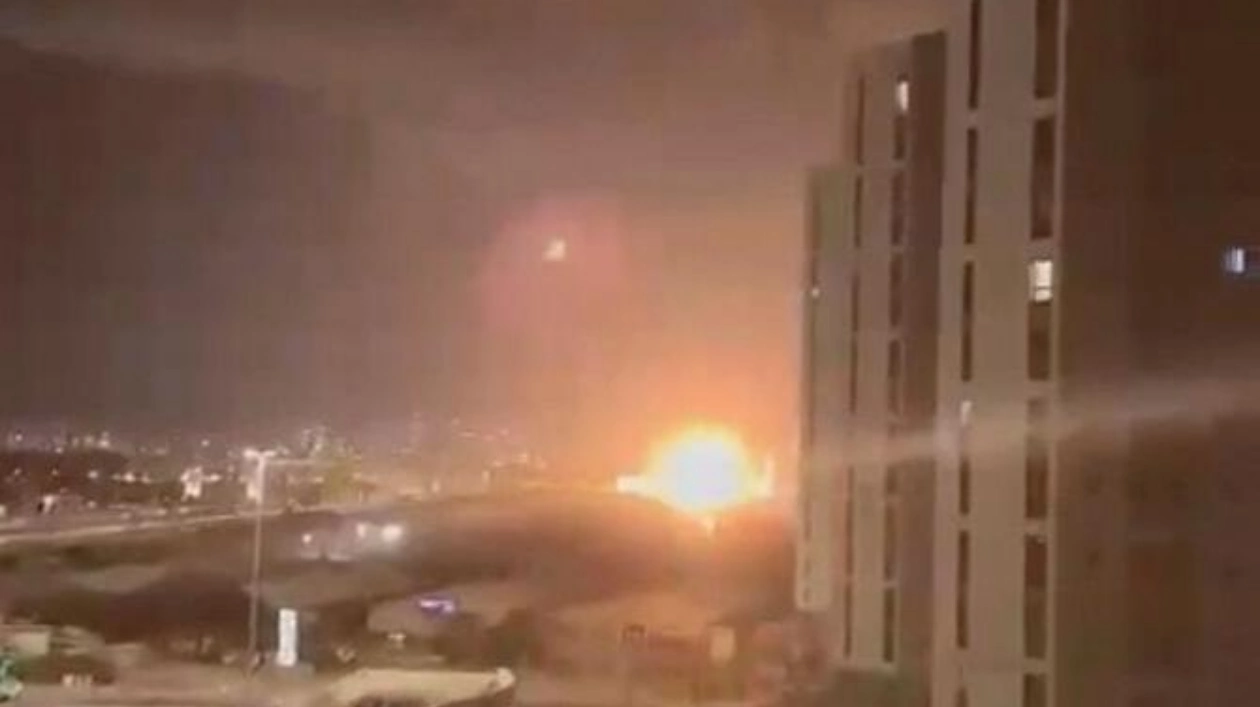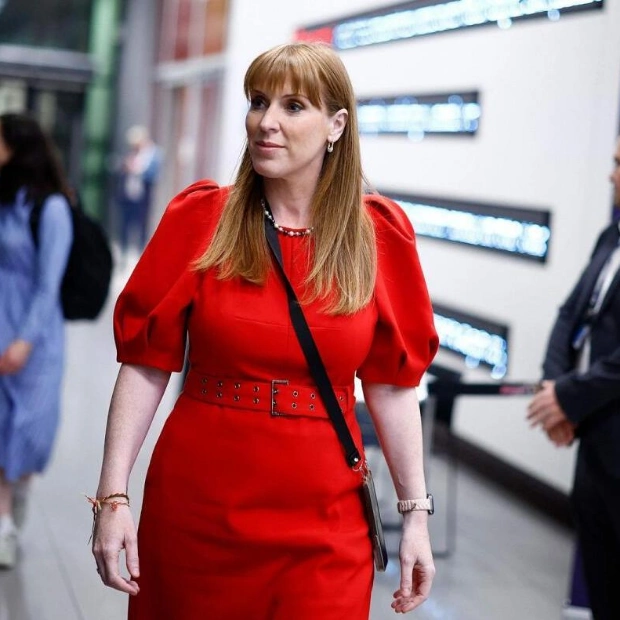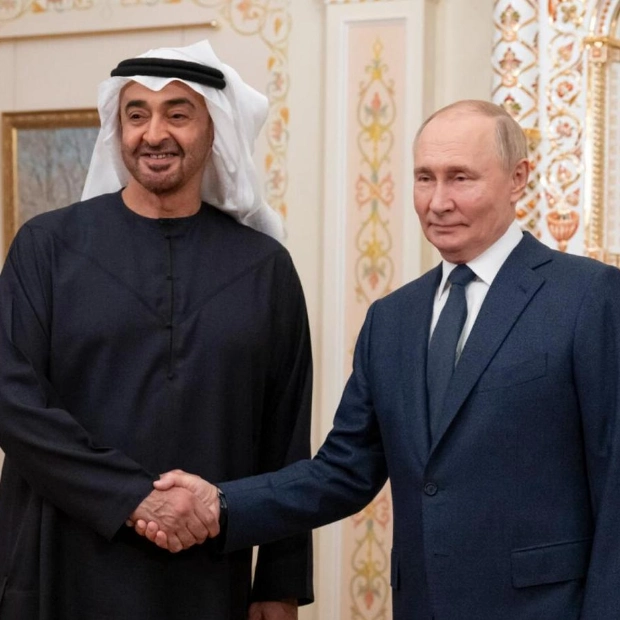Iran declared on Wednesday that its missile assault on Israel had concluded, barring any further provocations, while Israel and the US vowed to retaliate against Tehran as concerns of a broader conflict escalated. Washington pledged to collaborate with its longstanding ally Israel to ensure that Iran faced "severe consequences" for the Tuesday attack, which Israel claimed involved over 180 ballistic missiles. The UN Security Council scheduled a meeting on the Middle East for Wednesday, and the European Union urged an immediate ceasefire.
"Our action is concluded unless the Israeli regime decides to invite further retaliation. In that scenario, our response will be stronger and more powerful," Iranian Foreign Minister Abbas Araqchi stated on X early on Wednesday. Israel resumed its bombardment of Beirut's southern suburbs, a Hezbollah stronghold, with at least a dozen airstrikes targeting what it claimed were group-related targets. Large plumes of smoke were visible from parts of the suburbs, and Israel issued new evacuation orders for the area, which had largely emptied after days of heavy strikes.
Iran's attack marked its largest-ever military strike against Israel. Sirens sounded across the country, and explosions shook Jerusalem and the Jordan River valley as the entire population was instructed to seek shelter. No injuries were reported in Israel, but one man was killed in the occupied West Bank, according to local authorities. Iran described the campaign as defensive and aimed solely at Israeli military facilities. Iran's state news agency reported that three Israeli military bases had been targeted.
Tehran stated that its assault was in response to Israeli killings of militant leaders and aggression in Lebanon against Hezbollah and in Gaza. Israel activated its air defenses against Iran's bombardment, and most missiles were intercepted "by Israel and a defensive coalition led by the US," according to Israeli Rear Admiral Daniel Hagari. Israeli Prime Minister Benjamin Netanyahu vowed to retaliate, stating, "Iran made a big mistake tonight — and it will pay for it."
Iran's General Staff of the Armed Forces warned that any Israeli response would be met with "vast destruction" of Israeli infrastructure and would target regional assets of any Israeli ally that became involved. Fears of a regional war have intensified with Israel's escalating assault on Lebanon over the past two weeks, including the initiation of a ground operation there on Monday, and its ongoing conflict in the Gaza Strip.
Iran's forces used hypersonic Fattah missiles for the first time on Tuesday, with 90% of its missiles successfully hitting their targets in Israel, according to the Revolutionary Guards. Israel's Hagari reported limited strikes in central and southern Israel. A video released by the military showed a school in the central city of Gadera heavily damaged by an Iranian missile. US Navy warships fired about a dozen interceptors against Iranian missiles headed toward Israel, according to the Pentagon. Britain confirmed its forces were involved in "attempts to prevent further escalation in the Middle East."
US President Joe Biden expressed full support for Israel and described Iran's attack as "ineffective." Vice-President Kamala Harris, the Democratic candidate for U.S. president, echoed Biden's stance, stating that the US would not hesitate to defend its interests against Iran. "We will act. Iran will soon feel the consequences of their actions. The response will be painful," Israel's UN Ambassador Danny Danon told reporters. The White House similarly promised "severe consequences" for Iran and did not urge restraint by Israel, unlike in April when Iran carried out a drone and missile attack on Israel.
UN Secretary-General Antonio Guterres condemned the escalation, stating, "This must stop. We absolutely need a ceasefire." French President Emmanuel Macron strongly condemned Iran's new attacks on Israel and reiterated France's demand for Hezbollah to cease its terrorist actions against Israel. EU foreign policy chief Josep Borrell called for an immediate regional ceasefire, warning that the cycle of attacks and retaliation risks spiraling out of control. British Prime Minister Keir Starmer, in talks with the leaders of Germany and France, agreed on the need for restraint from all sides.
Nearly 1,900 people have been killed and over 9,000 wounded in Lebanon in almost a year of cross-border fighting, most in the past two weeks, according to Lebanese government statistics.






